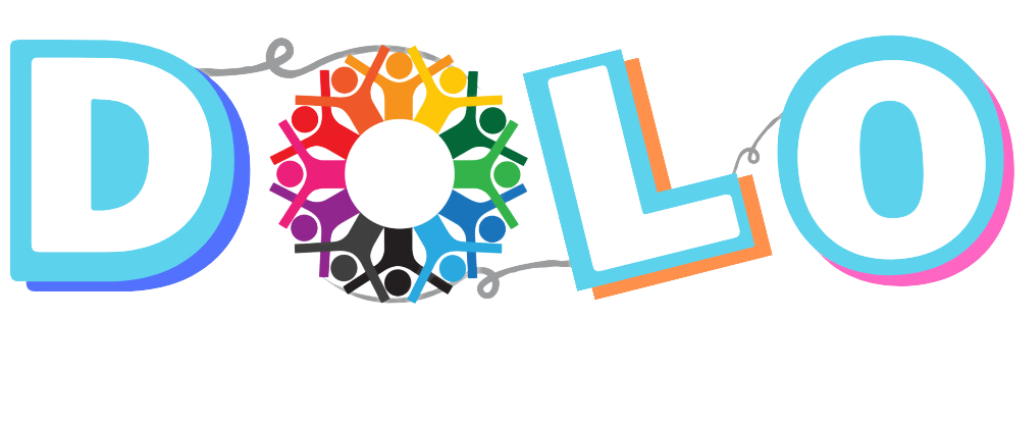Moreover, they can wreak havoc on your physical and mental well-being, increasing the risk of depression and even fatal overdoses. Learn all you can about the person’s underlying mental health issue that’s causing them to self-medicate. The more you understand what your loved one is going through, the better able you’ll be to support their recovery. Anxiety disorders are among the most common mental health issues—and are highly treatable.
Why people self-medicate
Through treatment, therapy can also help us regulate stressful emotions, restructure thought patterns, and develop new coping mechanisms in place of past alcohol use. Learn more about how our online alcohol therapy approach can work for you. In addition to substance abuse, self-medicating can also take the form of emotional eating or other unhealthy coping mechanisms.
Renaissance Recovery Orange County, CA
- Some of these questions may resonate more than others at different stages of your journey.
- There are multiple tools that can treat AUD and trauma simultaneously.
- Alcohol functions to slow down the central nervous system, creating feelings of relaxation.
- If you’re drinking more than you used to, it could indicate that your drinking is becoming a problem.
- When your daily stress level increases, the amount of alcohol consumption needed to relax or mask feelings often increases, too.
Reviewing the results, you should be able to identify patterns and mood triggers in your substance use habits. Alcohol tends to be the most common method of self-medication—as well as the most commonly abused substance—since it’s so widely available. It may be used to self-medicate stress as well as depression and anxiety, even though beer, wine, and liquor are all depressants and will therefore only make symptoms worse.
On Physical Health
- You are not alone in navigating your past trauma, and the relationship between PTSD and alcohol use.
- Even if we recognize this, it’s easy to revert to what we know will temporarily heal the pain or soothe the negative emotion that may be overwhelming us.
- Coping mechanisms, on the other hand, are sustainable and can help you build resilience and develop healthy habits that can benefit you in the long run.
- Start with small goals and build as you go, having patience with yourself every step of the way.
Remember, self-medication is not a solution to physical or mental health problems. It is important to understand that self-medication is not a solution to physical or mental health problems. If you are experiencing any symptoms, it is important to consult a medical professional. In addition, some new, non-addictive medications can reduce the desire to drug addiction treatment drink or lessen the rewarding effect of drinking so it is easier to stop.
Online Treatment Programs
By altering cognitive processes linked to alcohol consumption, CBT can create a beneficial cycle, reducing cravings and facilitating healthier choices. It’s important to note that the cravings are not merely a matter of willpower. Prolonged alcohol use causes physical changes in the brain that intensify the desire for alcohol.
Downward social comparison.
- It does give us a feeling of – albeit temporary – relaxation and disinhibition.
- It’s easy for casual alcohol use to become a dependency or alcohol use disorder (AUD).
- When you’re using alcohol to cope, you’ll find it only masks the stress.
- Discover what he really means when he’s quiet, avoids eye contact, and more.
Several virtual therapy platforms also offer substance abuse counseling. Similarly, you may use alcohol to improve your mood or as a coping mechanism for anxiety. While a few drinks can have the desired effect—making you feel happier or less anxious—because alcohol is a depressant, it alcohol as a coping mechanism will ultimately make you more anxious and depressed.
